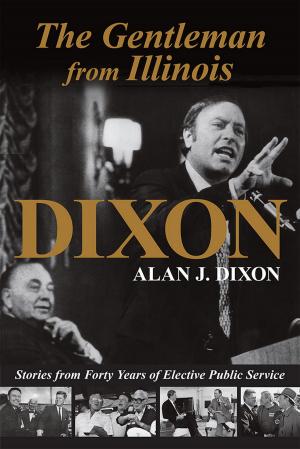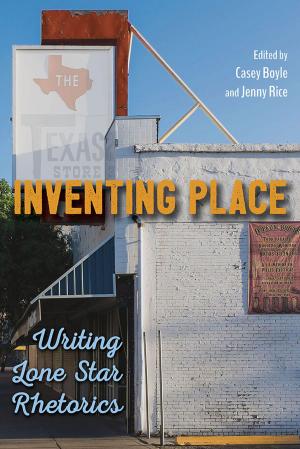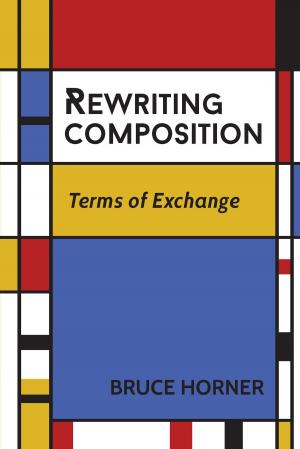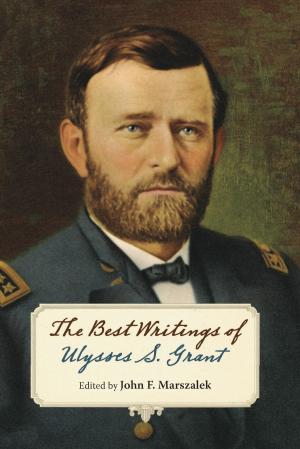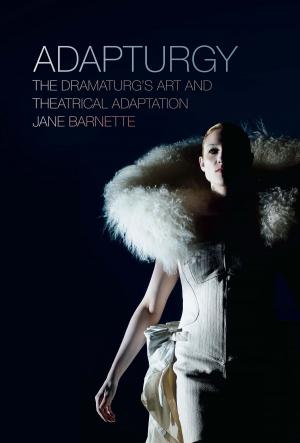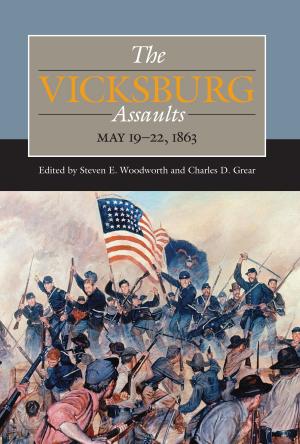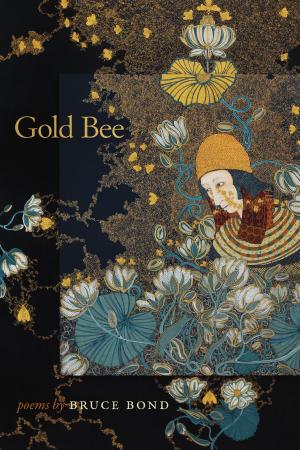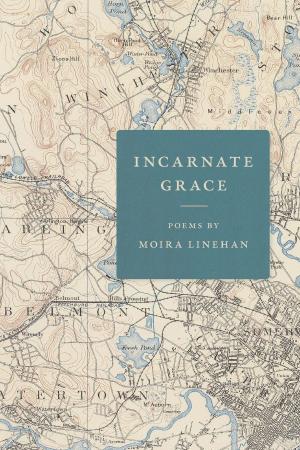| Author: | Cynthia Huntington | ISBN: | 9780809335763 |
| Publisher: | Southern Illinois University Press | Publication: | January 9, 2017 |
| Imprint: | Southern Illinois University Press | Language: | English |
| Author: | Cynthia Huntington |
| ISBN: | 9780809335763 |
| Publisher: | Southern Illinois University Press |
| Publication: | January 9, 2017 |
| Imprint: | Southern Illinois University Press |
| Language: | English |
Finalist, Balcones Poetry Prize, 2017
In this bold and ambitious book-length poem, National Book Award finalist Cynthia Huntington explores exile and migration—what it means to lose, seek, and find home in all its iterations—through a polyphonic work, written in multiple voices and evoking the method of Hart Crane’s The Bridge or the Nighttown episode in James Joyce’s Ulysses. Yet it is also a tough and vernacular work, owing as much to Patti Smith and the Clash as it does to High Modernism.
Again and again the work shows us outsiders forced into metaphorical and literal wildernesses, whether in a retelling of the biblical Israelites lost in the desert or in stories from Provincetown, Massachusetts, where the new world struggles into being at the edge of the sea. Yet the voices here, across many times and places, refuse to give in to desolation and despair.
Huntington’s approach is hybrid, oscillating between verse and lyrical prose to create a work that falls somewhere between an epic poem and a collection of lyric essays. Whether chronicling the creation of the world and the first exile from the Judeo-Christian Garden of Eden or imagining the terror and thrill of the first sea voyages, this is electric poetry: challenging, startling, and fulfilling.
Finalist, Balcones Poetry Prize, 2017
In this bold and ambitious book-length poem, National Book Award finalist Cynthia Huntington explores exile and migration—what it means to lose, seek, and find home in all its iterations—through a polyphonic work, written in multiple voices and evoking the method of Hart Crane’s The Bridge or the Nighttown episode in James Joyce’s Ulysses. Yet it is also a tough and vernacular work, owing as much to Patti Smith and the Clash as it does to High Modernism.
Again and again the work shows us outsiders forced into metaphorical and literal wildernesses, whether in a retelling of the biblical Israelites lost in the desert or in stories from Provincetown, Massachusetts, where the new world struggles into being at the edge of the sea. Yet the voices here, across many times and places, refuse to give in to desolation and despair.
Huntington’s approach is hybrid, oscillating between verse and lyrical prose to create a work that falls somewhere between an epic poem and a collection of lyric essays. Whether chronicling the creation of the world and the first exile from the Judeo-Christian Garden of Eden or imagining the terror and thrill of the first sea voyages, this is electric poetry: challenging, startling, and fulfilling.






